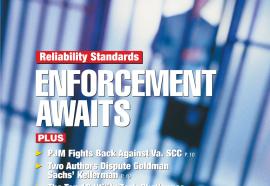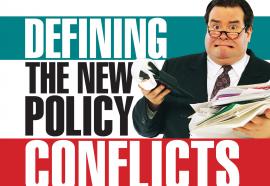The Geopolitics of the Grid
Is it really so important to preserve regional differences?
The July 11, 2006, edition of the Wall Street Journal contained an excellent opinion piece which posed the question: “What does ‘energy security’ really mean?” What is so striking about his article is that his analysis easily could describe power industry politics between low-cost states (suppliers) and high-cost states (consumers).









